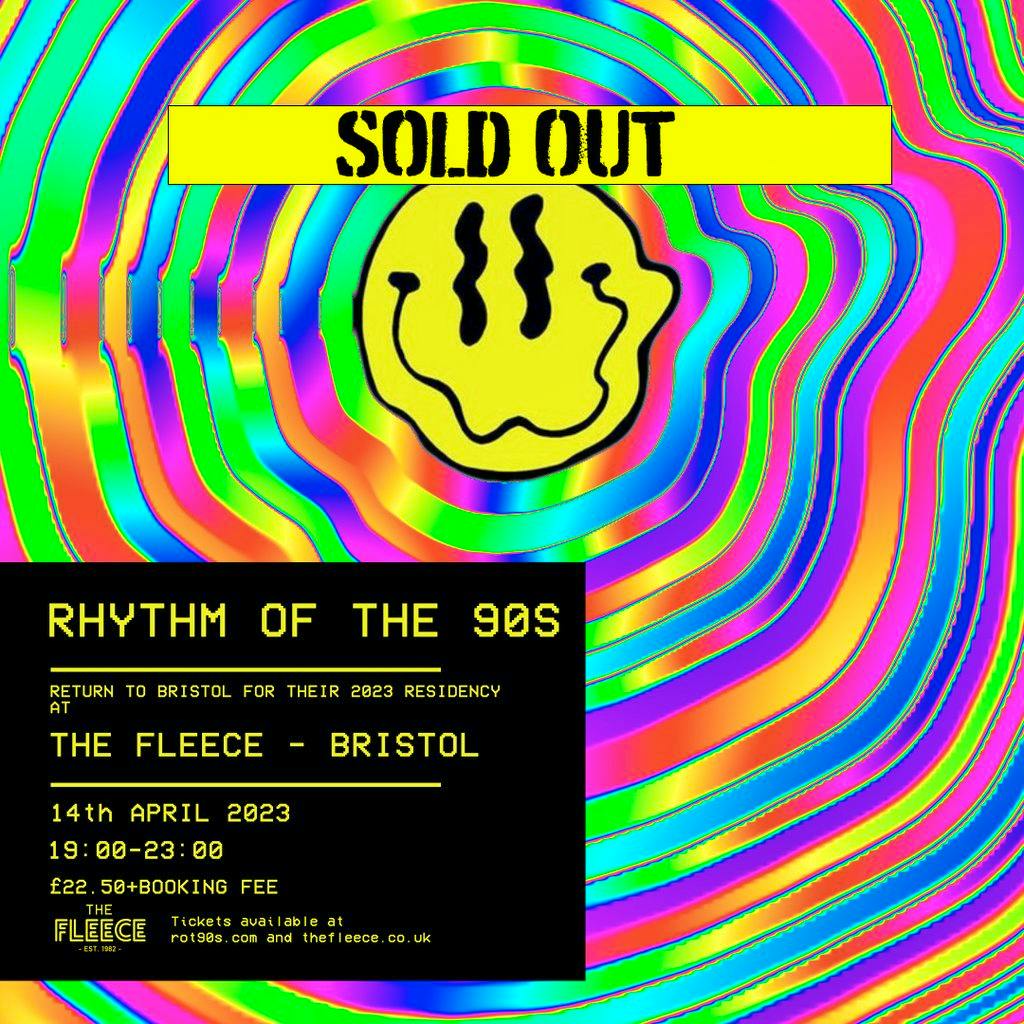
This is the "speech which has lain at the center of soul for years, which has, all that time, idiot-like, been saying over and over." Her complaint is that the Gods made it so she couldn't know what she was doing when she convinced Psyche to peek at the God as she goes through the process of putting this into words for the Gods, she realizes that, in her heart, she did know. In the end, Orual takes her complaint to the Gods. The tale becomes not one of jealousy, as the myth goes-although jealousy plays a part-but of seeing oneself truly, and understanding why we make the choices we do. This utterly changes the scope of the story, because Orual, Psyche's sister, must work out her experiences by her faith rather than knowledge. He makes another crucial change: when Orual visits Psyche, she cannot see the palace.

Lewis retells the myth through the perspective of Orual, Psyche's sister. Her beauty rescues her, as it inspires people, ants, the eagles of the gods to help her, and at last she is reunited with Cupid and made a goddess. This, of course, doesn't turn out well for Psyche, who is cast away from Cupid's presence and sent to do a series of impossible tasks by Venus. They convince her to sneak a lamp into the palace, and to look at her mysterious lover in secret. All is well until Psyche's two jealous sisters visit her in her godly palace. Because his mother still despises Psyche (as men tend to forget about worshipping Venus when Psyche is near), this loving must be done in secret, in the dark. Instead, Cupid sends the west wind to scoop up Psyche and bring her to his palace, where he loves her nightly.

You know the tale: Cupid, who is Venus's son, falls in love with the beautiful mortal Psyche when his mother sends him to make her fall in love with the basest of men. Literary giants revisiting old stories is one of my favorite sort of books. It is a perfectly Amy sort of book: a retelling of the Cupid and Psyche myth. Her essay made the novel impossible for me to resist. I read it when I was working on my English degree, not for a class but because a friend I made at school read it for one of her classes, wrote an essay about it, and asked me to proofread what she'd written. Lewis's novel Till We Have Faces was vague.

I found a little piece of personal truth I have been searching for for years in a book that I read years ago, before I needed that truth. Especially personal truth, the seemingly-small things you need to know in order to push forward with calmness and dignity. You don't find it all in one spot as you move along through your life you find it in pieces, here and there.


 0 kommentar(er)
0 kommentar(er)
